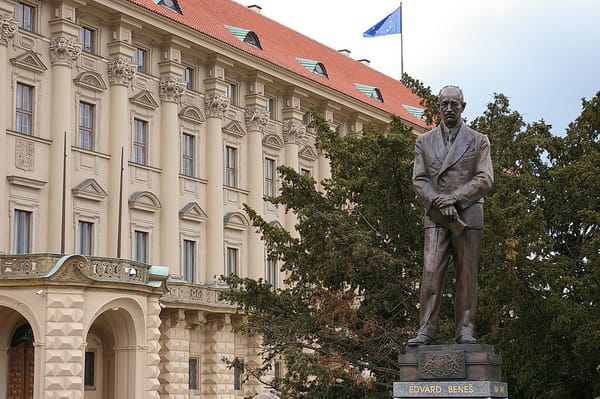
Slovakia’s Beneš decree dispute reopens old wounds, and new political calculations
Slovakia’s debate over the Beneš decrees resurfaces grievances about postwar property rights while serving new aims in domestic political bargaining.
A collection of 19 posts

Slovakia’s debate over the Beneš decrees resurfaces grievances about postwar property rights while serving new aims in domestic political bargaining.
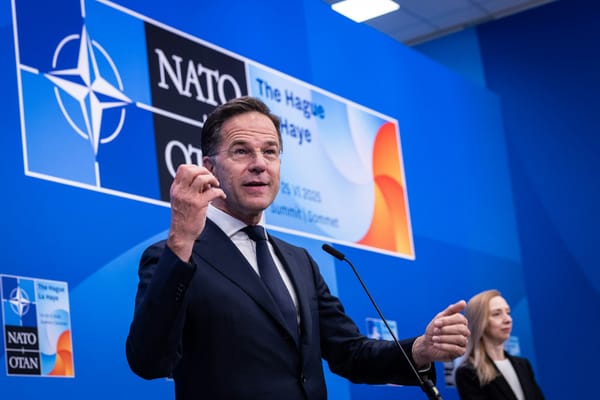
Under the Hague Investment Plan adopted on 25 June, NATO members committed to raise annual defence-related spending to 5% of GDP by 2035. The 5% comprises 3.5% on conventional military capability and 1.5% on infrastructure, cyber-defence and civil preparedness; including support for Ukraine. cet
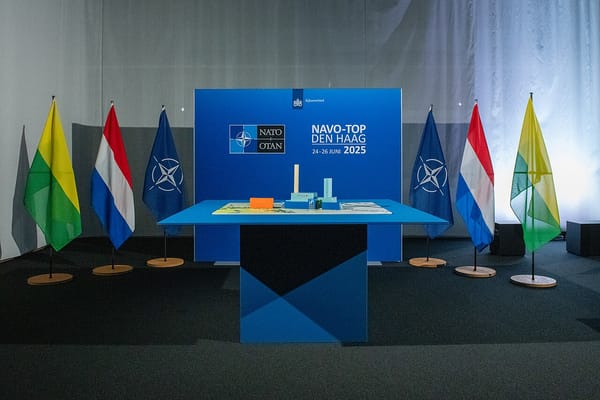
The People for Peace coalition, which includes left-aligned Dutch lawmakers and activists with prior ties to Russian disinformation networks, is expected to stage events near the World Forum venue and at key traffic corridors.
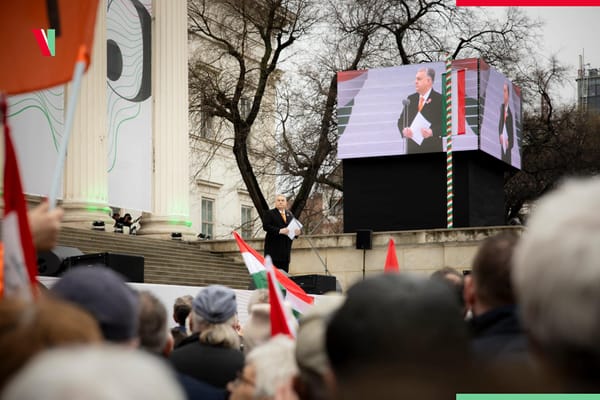
As political landscapes shift across Central and Eastern Europe (CEE), governments are recalibrating their approaches to Ukraine, European security, and internal governance. The region remains split between pro-European integration and nationalist, often pro-Kremlin, forces: Czechia and Poland reinforce their commitments to Ukraine, while Hungary and Slovakia align with Moscow. Meanwhile,
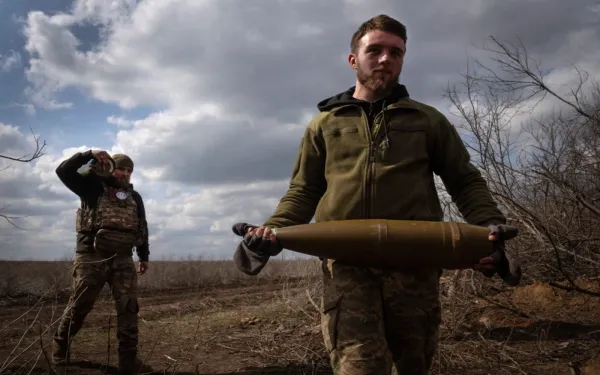
The dramatic breakdown of relations between Ukrainian President Volodymyr Zelenskyy, US President Donald Trump and US Vice President JD Vance on Friday, 28 February, is prompting Central and Eastern European (CEE) nations to urgently reassess regional defence strategies. The meeting, streamed from the Oval Office, was ostensibly held to formalise
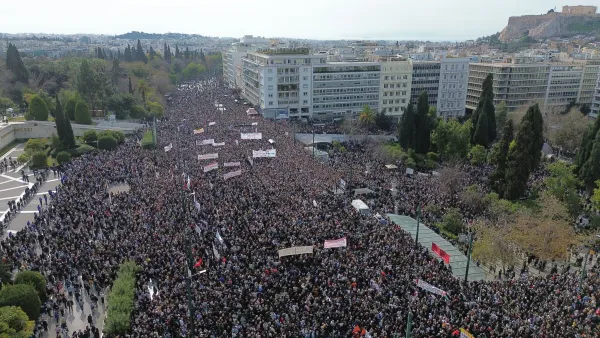
The year in Central and Eastern Europe (CEE) has begun with large-scale protests across the region, including in Serbia, Slovakia, Greece and Montenegro, amid rising geopolitical tensions. While the triggers vary, the demonstrations have the common thread of addressing government incompetence and demanding improved transparency, reforms and alignment with European
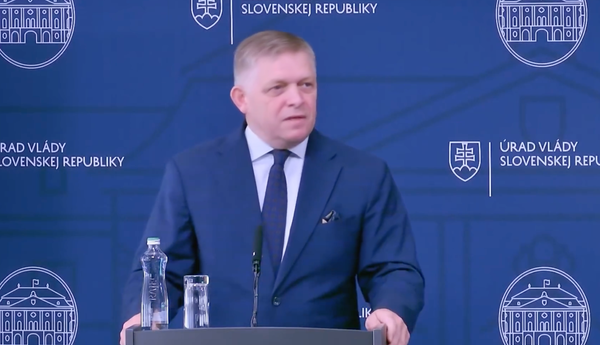
Slovak Prime Minister Robert Fico on Wednesday, September 18, reversed decades of opposition to tax hikes as his government amended VAT laws, effective 1 January, 2025. As recently as April, the leader of Slovakia’s nominally left-wing Smer-SD party, positioned himself as a champion of low-income earners, saying “I oppose
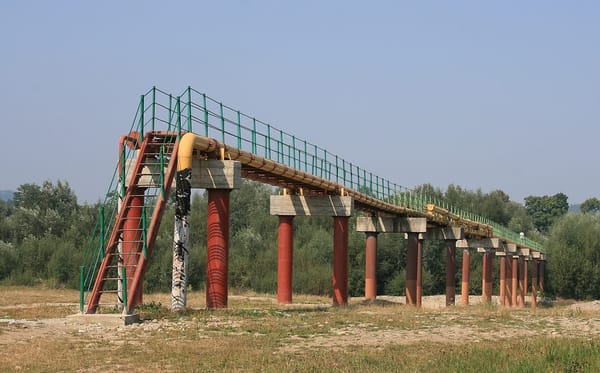
Slovakia and Hungary have vehemently criticised Ukraine’s recent decision to halt the transit of Russian Lukoil oil to Hungary, with Hungarian Foreign Minister Peter Szijjarto describing it as “incomprehensible and unacceptable”. These sanctions prevent Lukoil from renting the Druzhba (Friendship) pipeline for transit purposes. As approximately 70% of the
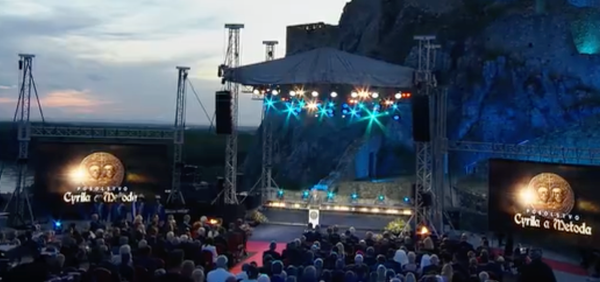
Slovak Prime Minister Robert Fico on Friday 5 July gave his first public appearance since being seriously injured in an assassination attempt. Fico was shot by Juraj Cintula, a 71-year-old writer and political activist after a government meeting in Handlova on 15 May, since when he has had two operations.
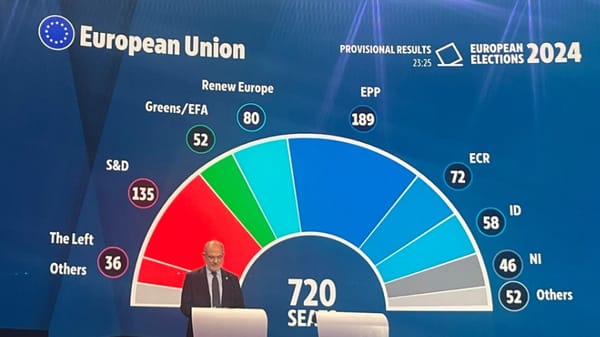
Pro-European centrist parties performed well in Central and Eastern Europe (CEE) at the European Parliament (EP) elections held from 6-9 June, in contrast to elsewhere on the continent, where far-right parties surged. Tusk consolidates lead in Poland In Poland, the Civic Coalition (KO), led by Prime Minister Donald Tusk, gained
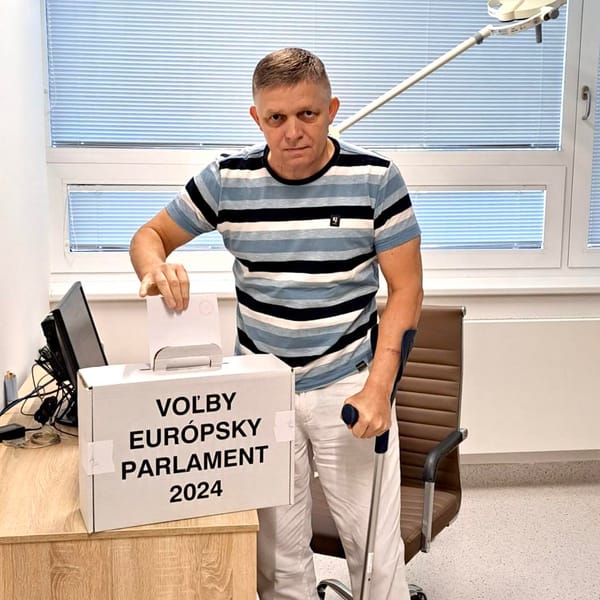
Slovakia’s Prime Minister Robert Fico faced an unexpected setback in the EU elections against the opposition liberals on Sunday, following a recent assassination attempt that left him severely wounded, according to his party. An opponent of military assistance to Ukraine in its conflict against Russian forces, Fico, 59, had
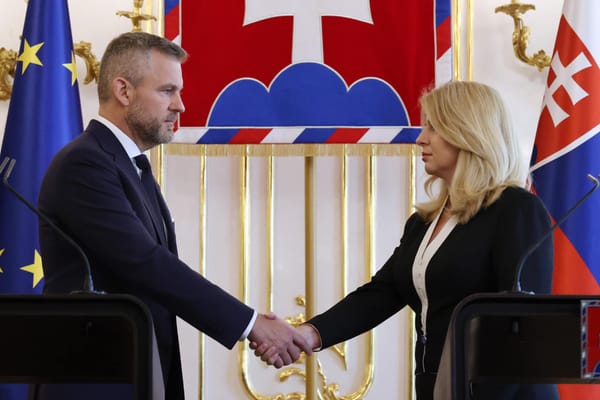
Slovakia’s head of state and president-elect jointly called for calm in the wake of the assassination attempt on Slovak Prime Minister Robert Fico on Wednesday 15 May. Fico was shot five times by Juraj Cintula in Handlova, central Slovakia, on Wednesday, at 2:30 pm, in the highest profile
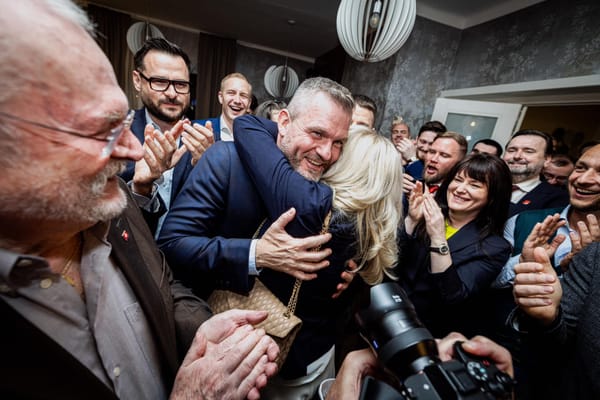
Peter Pellegrini of Slovakia’s nationalist-left ruling coalition beat pro-Western opposition candidate Ivan Korcok by 53.1% to 46.9% in the presidential election on Saturday, 6 April. Turnout was 61.14%, the highest for a presidential election in Slovakia since 1999. Pellegrini, 48, is House speaker and an ally

Thousands protested at Freedom Square, Bratislava, over Slovak Prime Minister Robert Fico’s plan to overhaul the country’s state media, on Friday, 15 March. According to the plan, state media body Radio and Television of Slovakia (RTVS) would be scrapped and a seven-member government-nominated council could hire and fire
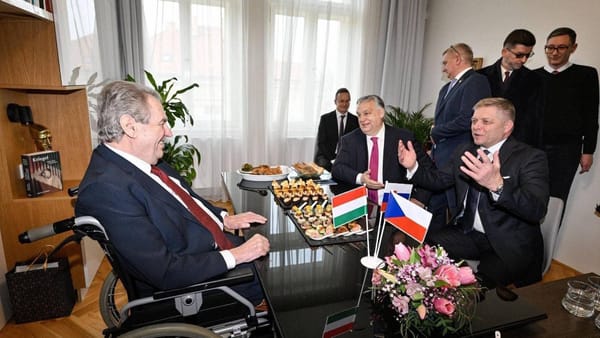
The prime ministers of the Visegrad Four (V4) countries met in Prague, Czechia, for the first time in eight months, on Tuesday, 27 February. Created back in 1991, the V4 comprises around 65mn EU citizens, but for the last two years differences of opinion about Russia’s invasion of Ukraine